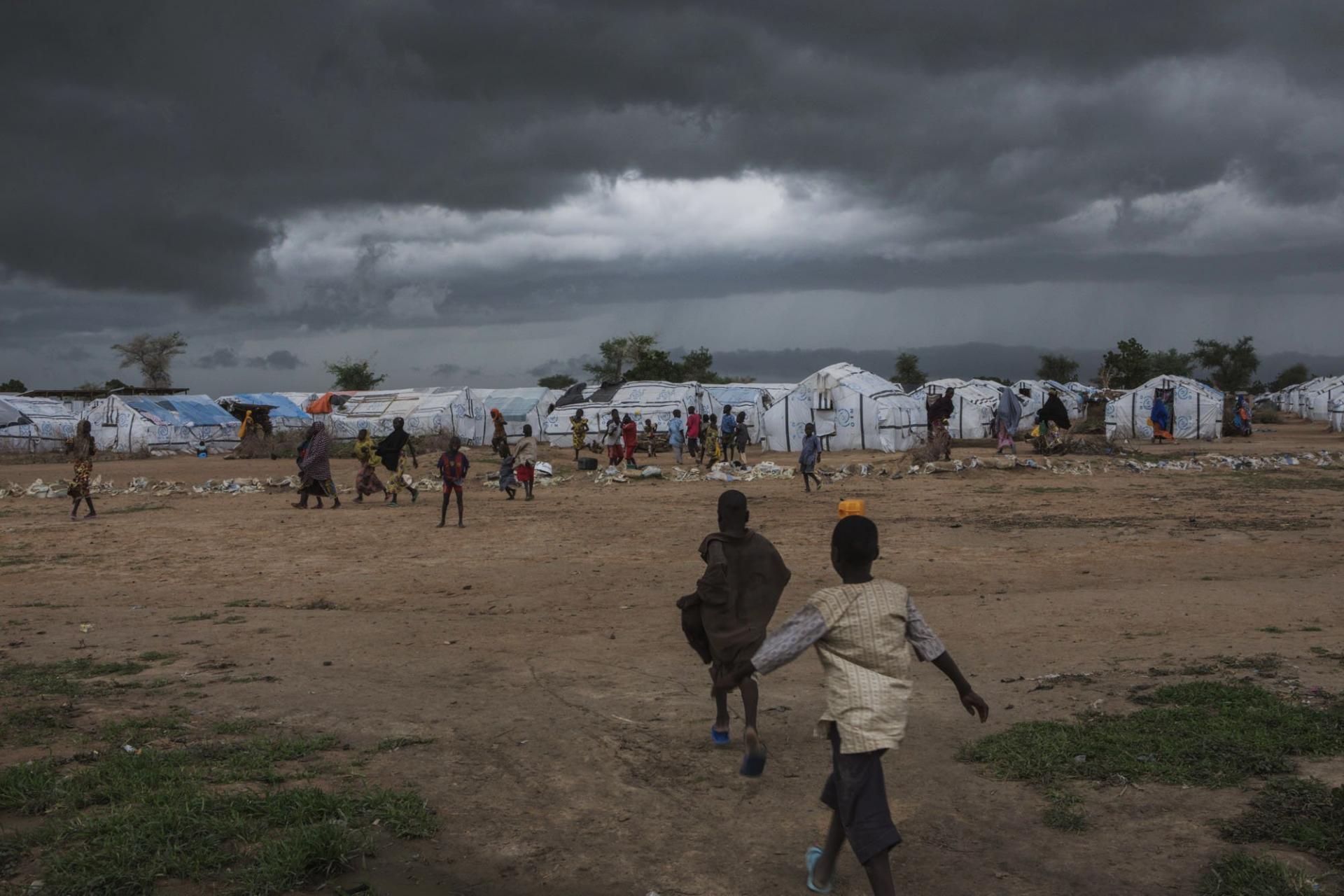A Zimbabwean nurse worked as MSF’s deputy medical coordinator in Nigeria’s Borno State, where he helped open and close two projects – one in the state capital, Maiduguri and another in Damboa in Borno south. George explains how the experience showed him the true impact of MSF’s work.
“When I began my assignment in November 2016, the people of Borno State were in need of a lot of assistance. MSF worked the region even before the conflict between the Nigerian army and Boko Haram escalated. We were one of the first organisations there helping people, at a time when hardly any other international NGOs were present.
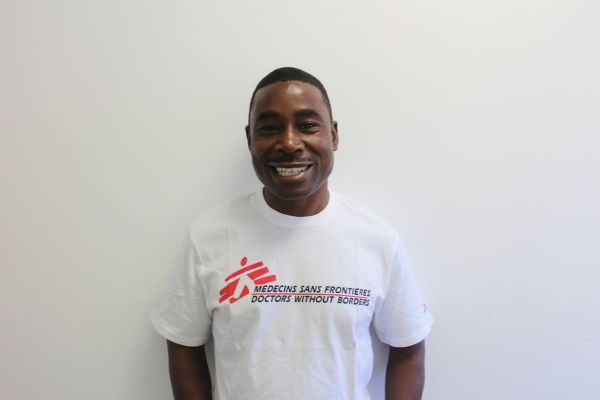
“In June 2016, the Nigerian government declared a “nutrition emergency” in Borno State and MSF raised the alarm after a team found catastrophic rates of severe malnutrition in the city of Bama. As a result, a lot of organisations came in, did needs assessments and established operations. MSF also scaled up operations.
“In Damboa, MSF set up a hospital from scratch that was already up-and-running by the time I got there, responding to the growing malnutrition crisis. Severe acute malnourishment, especially among children under 5 years, was at an alarming rate of 12% in July 2016. At the time we were the only organisation able to gain access and intervene on the ground. Because of the conflict, the main hospital in Damboa had been bombed and even the Nigerian government was struggling to operate healthcare.
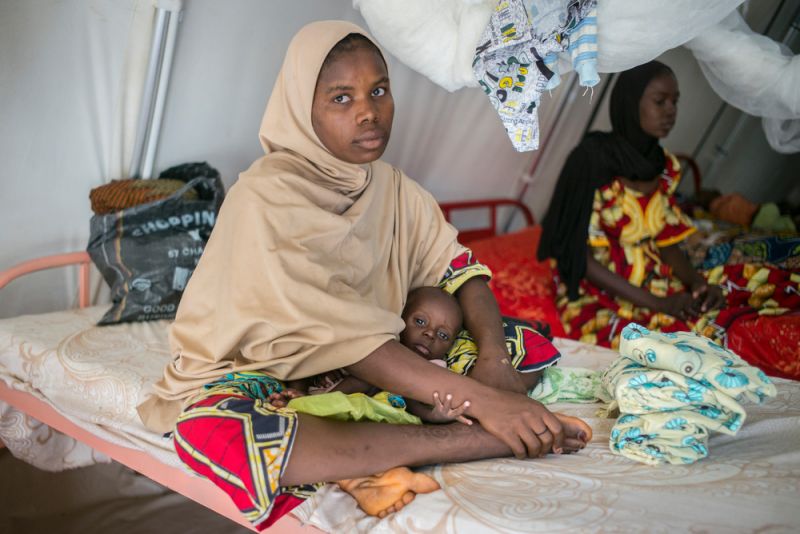
“Although we went in to do a malnutrition response, we soon realised children were dying of other complications, including malaria and acute watery diarrhoea. So, we decided to expand operations to treat them, and then also opened general outpatient departments (OPD) and antenatal care unit.
“At the beginning, MSF opened 3 OPDs where more than 200 patients would be seen every day with some referred for secondary care. But less than a year later, we could scale down to 1 OPD where we were seeing just 40-50 patients a day who had minor only cases. That was the impact of the work were able to do.
“The severe acute malnutrition rates had dropped to below 1%. The government also managed to rehabilitate the main hospital, and other organisations were now also responding to needs: UNICEF; the International Committee of the Red Cross (ICRC); Médecins du Monde (MDM); International Medical Corps. This meant not as many patients came to MSF’s facility and we could close our activities.”
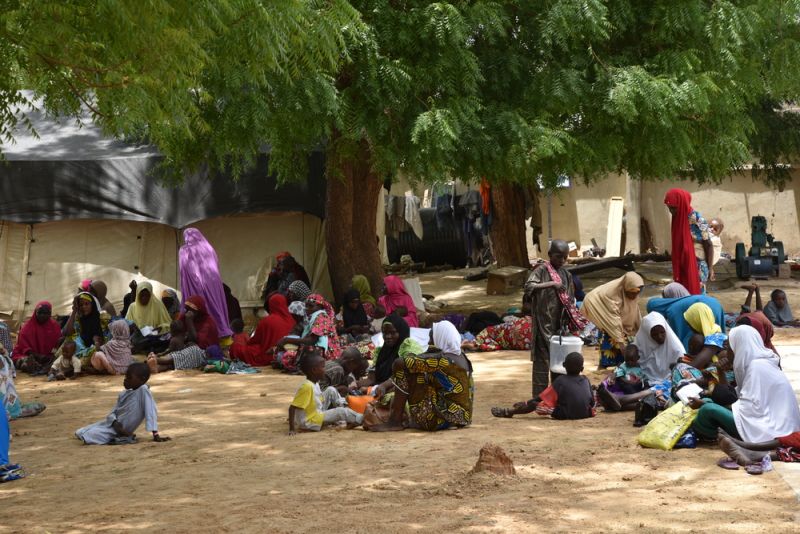
‘We closed at just the right time’
“At the beginning, there was a clear need for MSF to come in and set up these operations because there wasn’t much there at all. But now there was less need for us to stay because others had come in. MSF did what was needed: we went in first and then other organisations followed. Now things are functioning and we can use our resources to help people in other places where the needs are greater.
“It is clear to see the impact of MSF’s work on the situation in Borno State – we are helping a lot, through implementation of our medical interventions, and also through, our témoignage, our speaking out. MSF talking about the nutritional and health crisis in Borno State is what prompted other humanitarian organisations to step in and start interventions there.
“At some point last year, our facilities were overwhelmed with the amount of patients and the severity of health concerns we saw. In some places we had over 100% admissions, with several occupants to one bed. Now, facilities are not as overwhelmed. Things are manageable, partly because of the talking MSF did, the food distributions, the water and sanitation services, the medical care, in one word all the assistance provided by the different humanitarian actors.
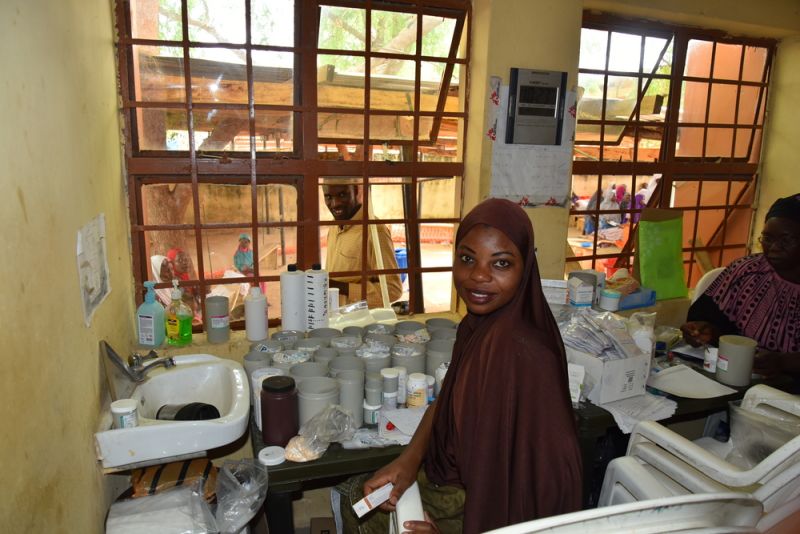
“During my assignment I got the opportunity to help close the project in Damboa. And it was a privilege to do so, because we closed at just the right time. We opened when there was a need, and we closed when the needs had lessened enough so others could take over.
“I always wanted to do humanitarian work. And I feel that being with MSF, I’m in the right organisation that exposes me to things I have not experienced before.
“MSF gets to where others don’t go. Being there first, being able to start up activities, to run activities to the very end, and to see the impact of our work – that is good, for me. The whole experience with MSF encourages me to go on and on; to get into other environments and see what else I can help do.”
Find out more about MSF’s work in Nigeria.
